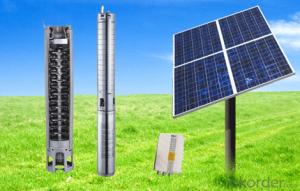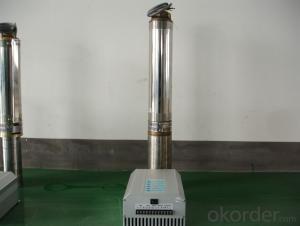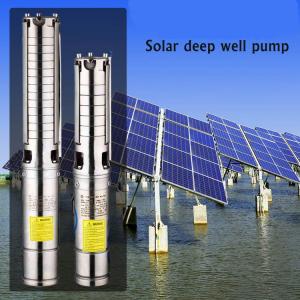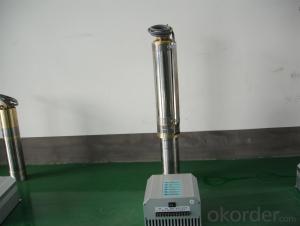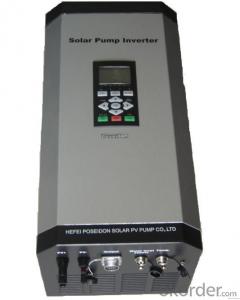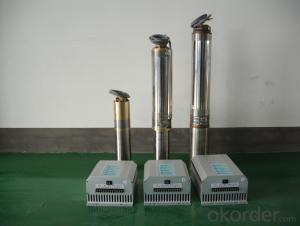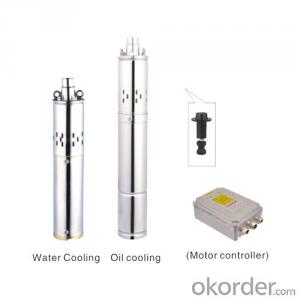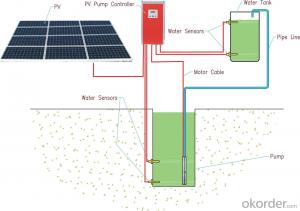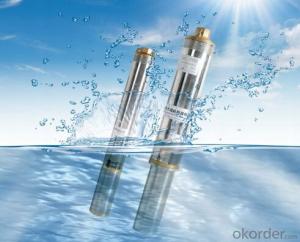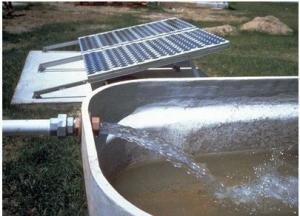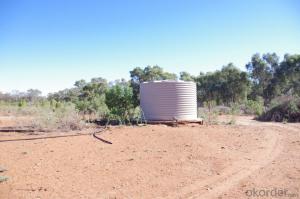All Categories
- - Steel Wire Rod
- - Steel Coils
- - Steel Profiles
- - Steel Pipes
- - Stainless Steel
- - Tinplate
- - Special Steel
- - Steel Sheets
- - Steel Rebars
- - Steel Strips
- - Hot Rolled Steel
- - Cold Rolled Steel
- - Pre-painted Steel
- - Seamless Steel Pipe
- - Welded Steel Pipe
- - Hollow Steel Tubes
- - Galvanized Pipe
- - Stainless Steel Coil
- - Stainless Steel Sheet
- - Stainless Steel Plate
- - Stainless Steel Strips
- - Electrolytic Tinplate Coil
- - Electrolytic Tinplate Sheet
- - Stainless Steel Rebars
- - Solar Panels
- - Solar Water Heater
- - Solar Related Products
- - Solar Inverter
- - Solar Cells
- - Solar Light
- - Solar Energy Systems
- - Solar Controllers
- - Solar Mounting System
- - Solar Pump
- - Solar Chargers
- - Fiberglass Chopped Strand
- - Fiberglass Mesh Cloth
- - Composite Pipes
- - FRP Pultrusion Profiles
- - Fiberglass Mat Tissue
- - Fiberglass Fabrics
- - Fiberglass Mesh
- - Composite Tank
- - Fiberglass Mesh tape
- - Polymer
- - FRP Roofing Panel
- - Fiberglass Roving
- - Monolithic Refractories
- - Ceramic Fiber Products
- - Refractory Bricks
- - Raw Materials For Refractory
- - Suspended Platform
- - Cranes
- - Concrete Machinery
- - Earthmoving Machinery
- - Building Hoist
- - Road Building Machinery
- - Plastic Pipe Fittings
- - Plastic Tubes
- - Plastic Sheets
- - Agricultural Plastic Products
- - Plastic Nets
 All Categories
All Categories
Q & A
How does the temperature of water being pumped affect the performance of a solar pump?
The temperature of water being pumped can affect the performance of a solar pump in several ways. Firstly, higher water temperatures can increase the efficiency of the solar panels as they are more effective in converting solar energy into electricity. This, in turn, allows the pump to operate at a higher capacity.
Secondly, the temperature of the water can impact the pump's overall efficiency. Higher water temperatures can cause the motor and other components to heat up more quickly, potentially leading to decreased performance and increased wear and tear on the system.
Additionally, the temperature of the water may also affect the pump's ability to transfer heat, especially in systems that utilize solar thermal energy. If the water is too hot, it may not effectively absorb heat from the solar collectors, resulting in reduced overall performance.
Therefore, while higher water temperatures can enhance the efficiency of a solar pump, it is important to ensure that the system is designed to handle and manage the heat effectively to maintain optimal performance.
How much sunlight is required to operate a solar pump?
The amount of sunlight required to operate a solar pump depends on various factors such as the pump's power rating, the efficiency of the solar panels, and the specific water pumping requirements. Generally, solar pumps can start operating with relatively low levels of sunlight, but they perform optimally when exposed to direct sunlight for a sufficient duration.
Are solar pumps suitable for irrigation systems?
Yes, solar pumps are suitable for irrigation systems. They are a cost-effective and sustainable solution for pumping water to irrigate crops or gardens. Solar pumps use energy from the sun to power the pump, eliminating the need for electricity or fuel. They are reliable, easy to install, and require minimal maintenance. Additionally, solar pumps can be used in remote areas where access to electricity is limited, making them an ideal choice for agricultural irrigation.
Can a solar pump be used for water purification systems?
Yes, a solar pump can be used for water purification systems. Solar pumps use the energy from the sun to power the pump, allowing it to draw water from a source and send it through the purification system. This makes it an environmentally friendly and sustainable option for providing clean and purified water.
Wholesale Solar Pump from supplier in South Africa
Whether you are looking for Solar Pumps for agricultural irrigation, water supply for livestock, or residential use, we have a solution for you. Our team of experts can assist you in selecting the right Solar Pump for your specific needs and provide you with a competitive quotation.
In addition to our sales and quotation services, we also offer technical support to ensure that your Solar Pump operates efficiently and effectively. Our technicians are trained to handle any troubleshooting or maintenance issues that may arise, ensuring minimal downtime for your project.
As a subsidiary of CNBM, a Fortune Global 500 company, we have access to a vast network of resources and expertise. This allows us to stay at the forefront of the industry and provide you with the latest advancements in Solar Pump technology. We are committed to delivering high-quality products and services that meet the highest standards.
At our company, we understand the importance of sustainability and renewable energy. By choosing Solar Pumps, you are not only reducing your carbon footprint but also benefiting from long-term cost savings. Our team can guide you through the process of installing and operating your Solar Pump, ensuring that you maximize its benefits.
Whether you are a farmer, a homeowner, or a business owner, we are here to support your Solar Pump needs in South Africa. Contact us today to learn more about our products and services and let us help you achieve your sustainability goals.
In addition to our sales and quotation services, we also offer technical support to ensure that your Solar Pump operates efficiently and effectively. Our technicians are trained to handle any troubleshooting or maintenance issues that may arise, ensuring minimal downtime for your project.
As a subsidiary of CNBM, a Fortune Global 500 company, we have access to a vast network of resources and expertise. This allows us to stay at the forefront of the industry and provide you with the latest advancements in Solar Pump technology. We are committed to delivering high-quality products and services that meet the highest standards.
At our company, we understand the importance of sustainability and renewable energy. By choosing Solar Pumps, you are not only reducing your carbon footprint but also benefiting from long-term cost savings. Our team can guide you through the process of installing and operating your Solar Pump, ensuring that you maximize its benefits.
Whether you are a farmer, a homeowner, or a business owner, we are here to support your Solar Pump needs in South Africa. Contact us today to learn more about our products and services and let us help you achieve your sustainability goals.

